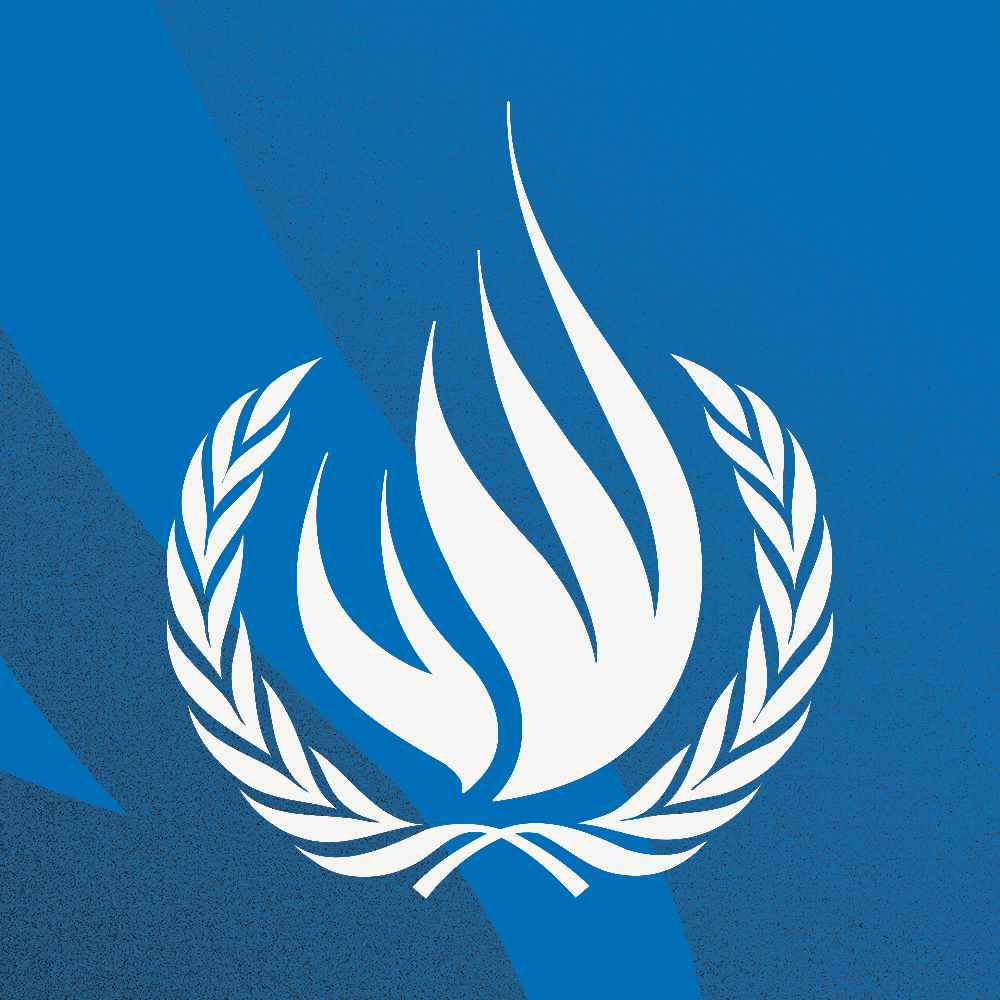
Delivered by
Statement of Jan-Michael Simon, Chair of the Group of Human Rights Experts on Nicaragua (GHREN)
At
57th session of the Human Rights Council
Location
Geneva
Distinguished President,
Excellencies,
Together with Ms. Ariela Peralta Distefano, I am pleased to present this oral update, in accordance with resolution 52/2 of this Council.
We have reported about our findings to this Council under agenda item 2 on three occasions; these findings are supported by a total of over 1,200 interviews and almost 5,000 documents.
On each occasion, we informed having established facts and circumstances that constitute, prima facie, crimes against humanity, notably, politically motivated persecution; facts that entail serious human rights violations and abuses, including the deprivation of nationality on political grounds; facts that have remained unpunished and without any reparation.
We also reported to have reasonable grounds to believe that the current President and Vice-President of Nicaragua bear the primary responsibility.
Since our last report, this situation has continued.
Mr. President,
We have been able to establish that the concentration of all public powers in the hands of the President and Vice-President continues to harden, particularly with respect to the judicial branch. As of today, Nicaragua does not meet even the minimum reasonable standard of judicial independence.
The State, as a whole, is increasingly instrumentalized, including with the support of parastatal elements. To date, we have identified at least 66 individuals in the middle and upper echelons of the organised power apparatus under the command of Nicaragua’s two rulers. This apparatus continues to facilitate, coordinate, and execute serious human rights violations and abuses.
Arbitrary detentions, torture and ill-treatment, and the instrumentalization of criminal law to eliminate any opposition, real, potential or perceived as such, continue. To sum it up: victims are forced to choose between prison or leaving the country. A very recent example of this is the departure from the country of 135 people imprisoned for political reasons, none of them indigenous political prisoners.
Other types of violations with cross-border reach continue.
Victims outside the national territory continue to be arbitrarily deprived of their livelihoods. They are also arbitrarily denied entry into their country, one of the many ways of denying them an effective nationality. The more than 700 victims abroad recorded by us represent just a sample of the scale of these “violations by extension”.
A particularly grave pattern of cross-border violations continues to be the “violation by association.” At present, the relatives of opponents of the Government, or perceived as such, continue to be victimized solely for their family ties. A particularly serious aspect of this pattern is how it has affected at least a hundred children.
We have also become aware of different forms of transnational repression against Nicaraguans who are abroad. We are currently deepening our investigation into this information.
A particularly illustrative aspect of this logic of systematic impunity continues to be its cross-border reach. We had previously informed this Council about the denial of legal assistance requested by Brazil to investigate the violent death of a Brazilian victim in Managua. This situation remains unchanged.
Mr. President,
Continued violations are leaving entire sectors of the population in a state of defencelessness.
Any efforts to organise the campesino population have been dismantled. The forced takeover of universities and the violations against student leaders and professors have immensely affected the higher education of thousands of students and their life projects, and they have had a serious impact on the prospects and development of the country.
Indigenous Peoples and communities of African descent suffer ongoing serious violations of their rights to self-determination and territory. Their leaders and activists are systematically persecuted by the State for defending their rights. The State, through lack of prevention and investigations, is also responsible for violations arising from serious abuses by private parties, particularly gender-based violence and killings.
Continued waves of repression against members of the Catholic Church and other Christian denominations also entail violations of the right of thousands of people to freely and publicly practice their religion and affect the enjoyment of other rights such as freedom of conscience, expression, and opinion.
Mr. President,
Excellencies,
We all know that, in such a serious situation, every day that goes by, the scars in the social fabric deepen and will take generations to heal.
We have pointed out in the past the relevance of the continuing situation of violations, particularly for international financial institutions’ relations with Nicaragua.
Only last month, 1,800 non-profit organizations have been forcefully cancelled and their assets arbitrarily confiscated. This added to other similar cases, today, 80 percent of the total number of organizations reported by the authorities to the FATF have been closed. This situation comes barely two years after the FATF’s 2022 decision to remove Nicaragua from its list of high-risk countries.
The latter further illustrates that adequate, effective, and fair legal remedies are currently not guaranteed in legal proceedings that have consequences for property rights, despite the recommendations of the International Monetary Fund in its latest report on the 2023 Article IV Consultation with Nicaragua.
We reiterate the recommendations we presented on the three occasions we have had the privilege of reporting to this Council.
Additionally, we recommend that this honourable Council address the human rights situation in Nicaragua under agenda item 4 that requires its attention.
Thank you for your attention.






